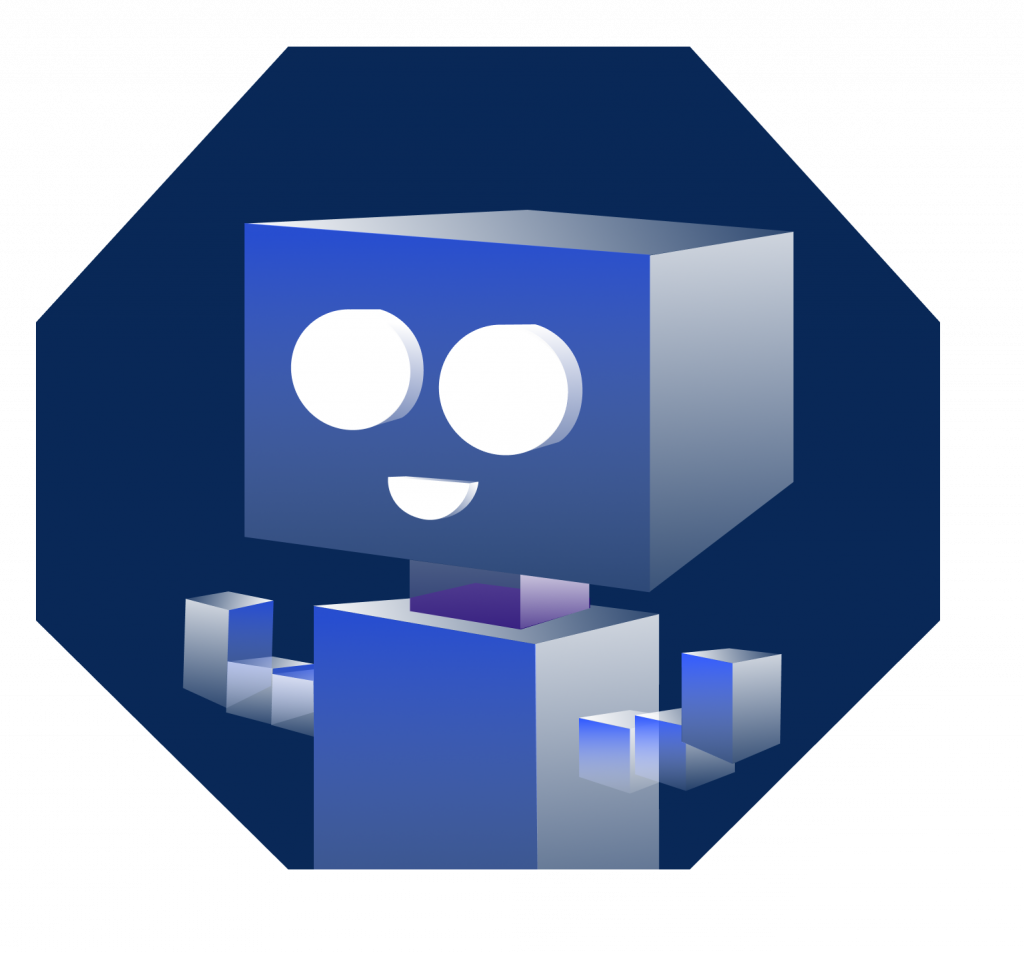The world has seen a lot of changes in the last fifty years, and technology is largely responsible for most of these changes. Technology has undoubtedly brought about many technological advancements, such as connecting people, curing illnesses, boosting food production and solving problems. At the same time, technology can also have negative impacts – and also unforeseen consequences.Higher education is beginning to engage with technology more, so I’ve come up with my predictions to help universities stay ahead of the curve.
1. The concept of ‘digital’ will fade
Technologies like smartphones, laptops and digital content have already penetrated the way we live our lives. Ten years ago, we might have talked about a ‘digital camera’ but today it would be obvious to use the term ‘camera’ For universities, colleges and skills tutors, this means that we need to go where our students are already, utilising tools like YouTube and other virtual environments, using these to help engage learners.At JISC, we are fully aware of our responsibility towards our customers in looking ahead to what that post-‘digital’ world might look like.
2. There will be even more personalisation of technology
Users will have a lot of devices that they use for different areas of their life. For example, they might have one device to use for leisure pursuits and a separate one for work or learning purposes.We’ve already seen that students like using devices they’re familiar with, rather than having, say a separate device just for texts from their college or university. Ever-smarter devices will be worn, and be voice- and even brain-activated, giving users the ability to access content and services from the networked, immersive and multimedia environment in which they move. For example, students and staff at the University of Bristol can now access live bus timetables and campus information through their smartphones as they move around the university thanks to the JISC-funded MyMobileBristol app.
3. The boundaries between formal research and scholarship, andformal education and training, will become increasingly blurred
Content creation and sharing will always be a key point for successful companies, as the internet continues to grow in its network effect. Content and any associated learning opportunities will increasingly be contributed by ‘anyone’. We’ve seen that work really well in the projects we fund where researchers ask people to contribute to collections – it could be an archive of First World War memorabilia to support historical research, or quirky Scottish words for linguistic analysis.
Users may also contribute to informal learning networks through content that they share, either as part of their formal research or through their informal interests and activities. For example if you do some voluntary charitable work, videos showing the skills that you have acquired might go towards your degree and be used by others. The process of doing research is also something we’ve shared, through platforms like which allows scientists to collaborate on workflows. We believe that where people need to break down the boundaries between subject disciplines, technology can help bring them together.
4. The ‘added value’ of face to face educational experiences will start to break down
More and more, online learning is becoming a normal thing to do. It’s easy, it saves you money, and the high quality content available has never been better. Everything can be done right on your smartphone as well! In a world where flexibility and choice are increasingly valuable, and where people are growing accustomed to complex social interactions through technical environments, students and their parents will be less focused upon a face-to-face experience and more interested in the other benefits that institutions can offer in terms of course choice, quality of support, flexibility and employability.
5. The digital environment will provide more opportunities for institutions to provide an enhanced and customised student experience
AI systems will work with students and support them by analysing their learning behaviour, to find out what they need to work harder on or what they’re interested in and spit back relevant resources Our learning interactions will be recorded and stored so that you can review them later on. Data analysis will help tutors to provide customised learning plans, to identify particular capabilities as well as weaknesses or gaps, and to then use these to suggest employment routes, industry placements and mentors.Libraries are using the day-to-day information they have on library users to provide a better service. The way in which this data is used is tracked and secure, so you can feel comfortable with the idea of donating your personal data.If you’re at the University of Huddersfield and in need of some course-related reading material, the library has an interactive game that will tell you which books are trending with your peers.
6. More organisations will accredit chunks of learning
As the formal boundaries around knowledge break down, and the ability to provide a good educational experience, without needing to invest in costly real estate, becomes more achievable, modular accreditation will grow. There will be more partnerships between commercial and non-commercial organisations, courses will be made available in more flexible formats, and online course materials will be supported by distributed networks of high quality support organisations – providing academic and pastoral support, advice on careers, practical experience of employment, facilitated access to peer networks and mentoring by other distributed networks.
7. Successful organisations will think about services, not systems
Organisational processes will only survive if they make the provider more competitive, able to offer higher quality experiences, more focused on the changing needs of learners – and whoever is paying for the educational experience. Institutional systems will need to be highly flexible and able to conduct real-time transactions with many partners and beneficiaries. Higher education professionals will need new skills in order to understand the potential and risks associated with new and sometimes unproven approaches. We will need to have the right balance of flexibility and agility to be able to cope with the demands of this exciting but challenging environment. We have to make sure that we’re not using technology for technology’s sake. We also have to be clear to our students and staff what the benefits are of any changes to our current provision. The battle for hearts and minds is sometimes the greatest challenge for senior managers looking to use new technologies. The opportunities to turn the UK into the go-to place for a seamless, technology enriched learning and research experience are huge.






